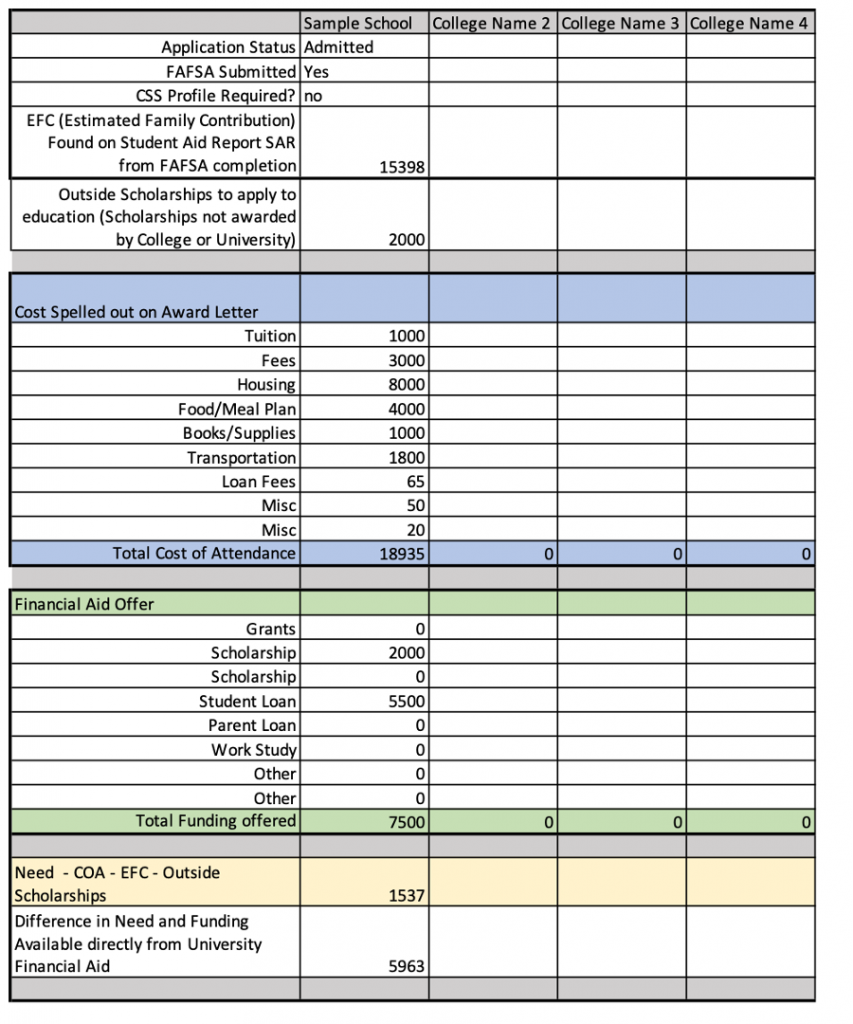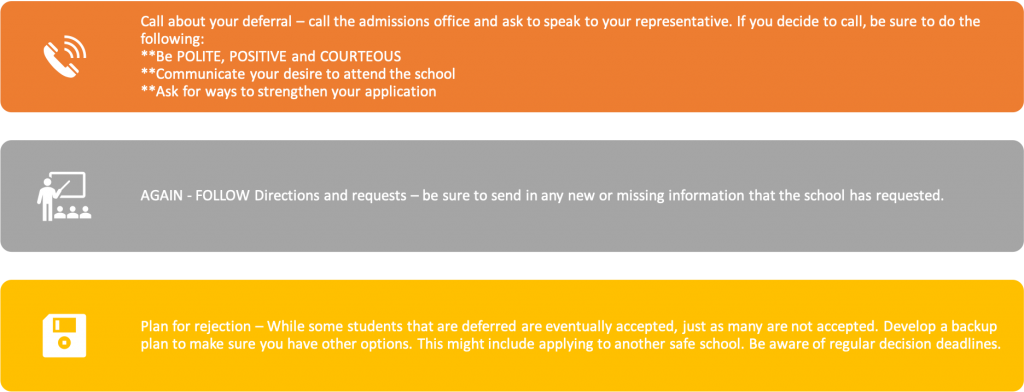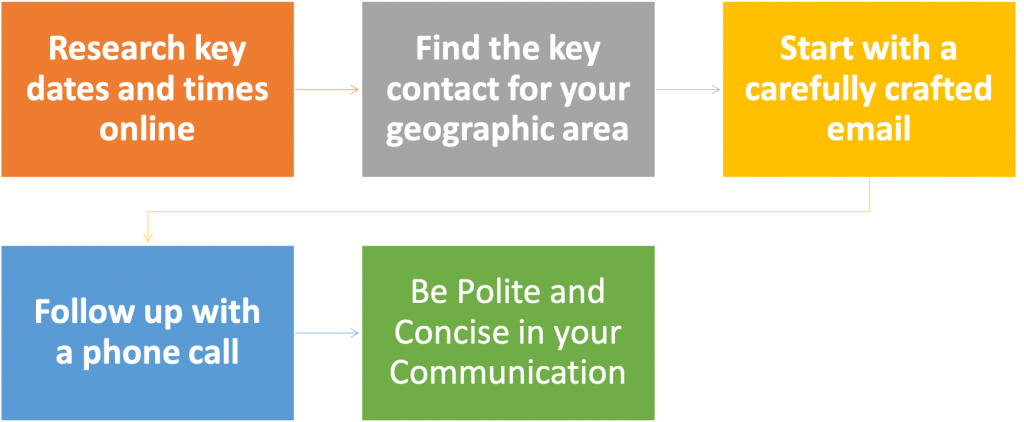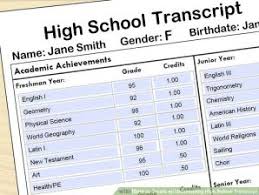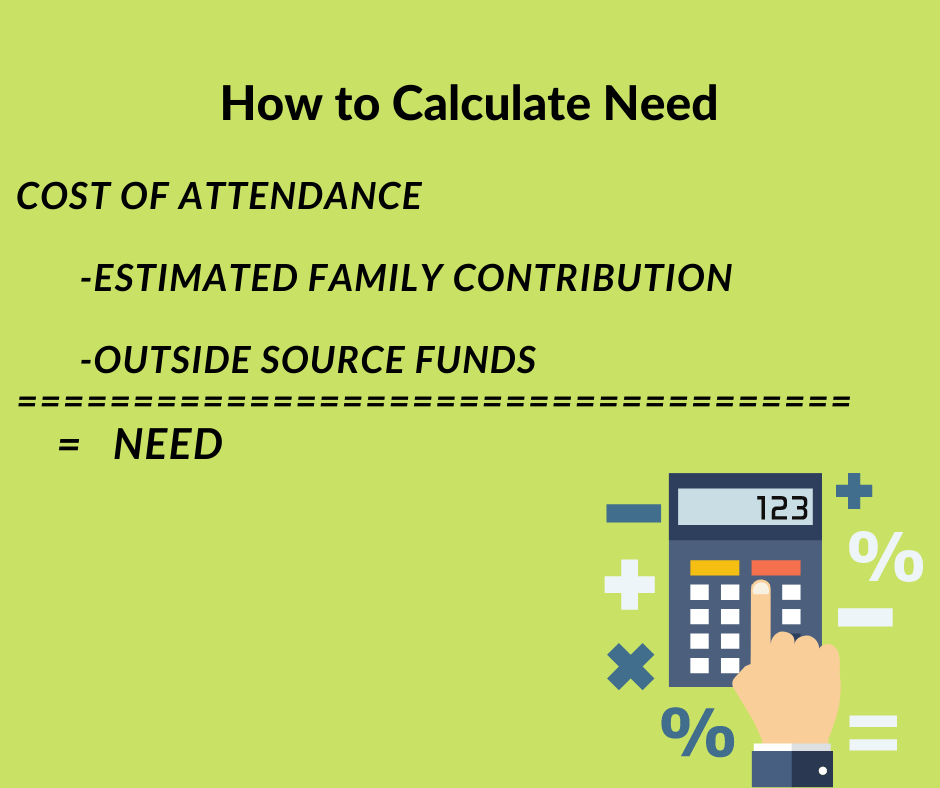
Winter break is finally here, and it’s the perfect time for high school students to recharge, reflect, and prepare for the challenges ahead. While it’s crucial to enjoy some well-deserved downtime, making the most of your winter break can set you up for success in the coming semester. In this blog post, we’ll explore a balanced approach to winter break that combines productivity and relaxation.
1. Reflect and Set Goals:
Take some time to reflect on the past semester. What were your successes and challenges? Use this reflection to set realistic goals for the upcoming semester. Whether it’s improving study habits, participating in extracurricular activities, or enhancing personal skills, having clear goals will give you direction and motivation.
2. Develop a Study Plan:
While winter break is a time to relax, it’s also an opportunity to get ahead academically. Consider creating a study plan to review and reinforce the knowledge you’ve gained so far. Focus on subjects where you feel less confident, and use resources such as textbooks, online tutorials, or educational apps to enhance your understanding.
3. Pursue Personal Projects:
Winter break is an excellent time to explore personal interests and hobbies. Whether it’s writing, coding, painting, or learning a musical instrument, use this break to dive into a passion project. Not only does this provide a creative outlet, but it also helps you develop valuable skills beyond the classroom.
4. Volunteer and Give Back:
Consider dedicating some time to community service or volunteering during the break. Helping others not only makes a positive impact on your community but also fosters personal growth and a sense of responsibility. Look for local organizations, charities, or community events that align with your interests.
5. Explore College and Career Options:
For juniors and seniors, winter break is an opportune time to explore college and career options. Research potential colleges, attend virtual campus tours, and investigate different career paths. Reach out to professionals in fields you find interesting for informational interviews. This exploration will help you make informed decisions about your future.
6. Relax and Recharge:
While productivity is essential, don’t forget to prioritize relaxation. Use this break to catch up on sleep, spend quality time with family and friends, and engage in activities that bring you joy. Balance is key to maintaining mental and emotional well-being.
Conclusion:
Winter break is a valuable time for high school students to strike a balance between productivity and relaxation. By reflecting on the past, setting goals for the future, pursuing personal interests, giving back to the community, exploring future opportunities, and taking time to relax, you’ll return to school in the new year feeling refreshed, motivated, and ready to tackle the challenges ahead. Enjoy your break!









